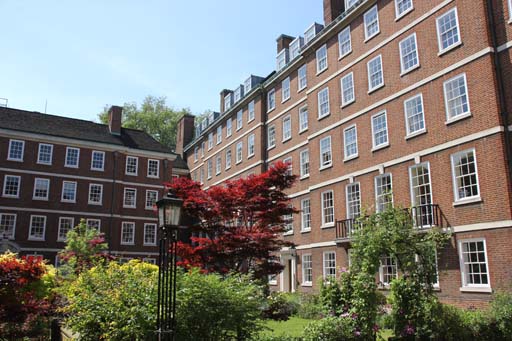Pursuing a career as a barrister – after school or further education
It is important that pupils understand that becoming a barrister can be a lengthy process with different stages, including the academic stage, the vocational component, and a pupillage.
The seven foundations of legal knowledge
Barristers need to complete either an approved law degree – otherwise known as a qualifying law degree (QLD), or if a student is a graduate of a university in a different subject, they need to undertake a short law conversion course (otherwise known as the Graduate Diploma in Law or GDL).
This is referred to as the ‘academic stage of training’.
| It is recommended that you hold down the Crtl button on your keyboard and click on the link below to open it in a new window. |
The QLD and the GDL cover the seven foundations of legal knowledge [Tip: hold Ctrl and click a link to open it in a new tab. (Hide tip)] .
The university or law school’s prospectus should indicate whether the qualification being offered covers the seven foundations of legal knowledge. You can support pupils by ensuring that they have up to date prospectuses for the universities that they are interested in attending. Further information regarding the vocational component is provided in the resources. This will be taken after university.
Becoming a barrister requires additional funding after completion of a law degree. It is important that pupils are aware of the costs involved and that they give due consideration to them. It may be the case that some students may seek to apply for awards or scholarships to fund the costs of undertaking Bar training. To obtain scholarships, students are required to demonstrate high levels of competencies, therefore it is important that pupils consider how these can develop these at school and beyond school into university life.
Scholarships
| It is recommended that you hold down the Crtl button on your keyboard and click on the link below to open it in a new window. |
The Inner Temple offers over 100 scholarships to help students with the costs of the vocational component of training.
Candidates must meet specific requirements in order to apply for scholarships, so it is advised that pupils look at these at an early stage and consider if or how they could meet these requirement.
Pursuing a career as a barrister – support at school

